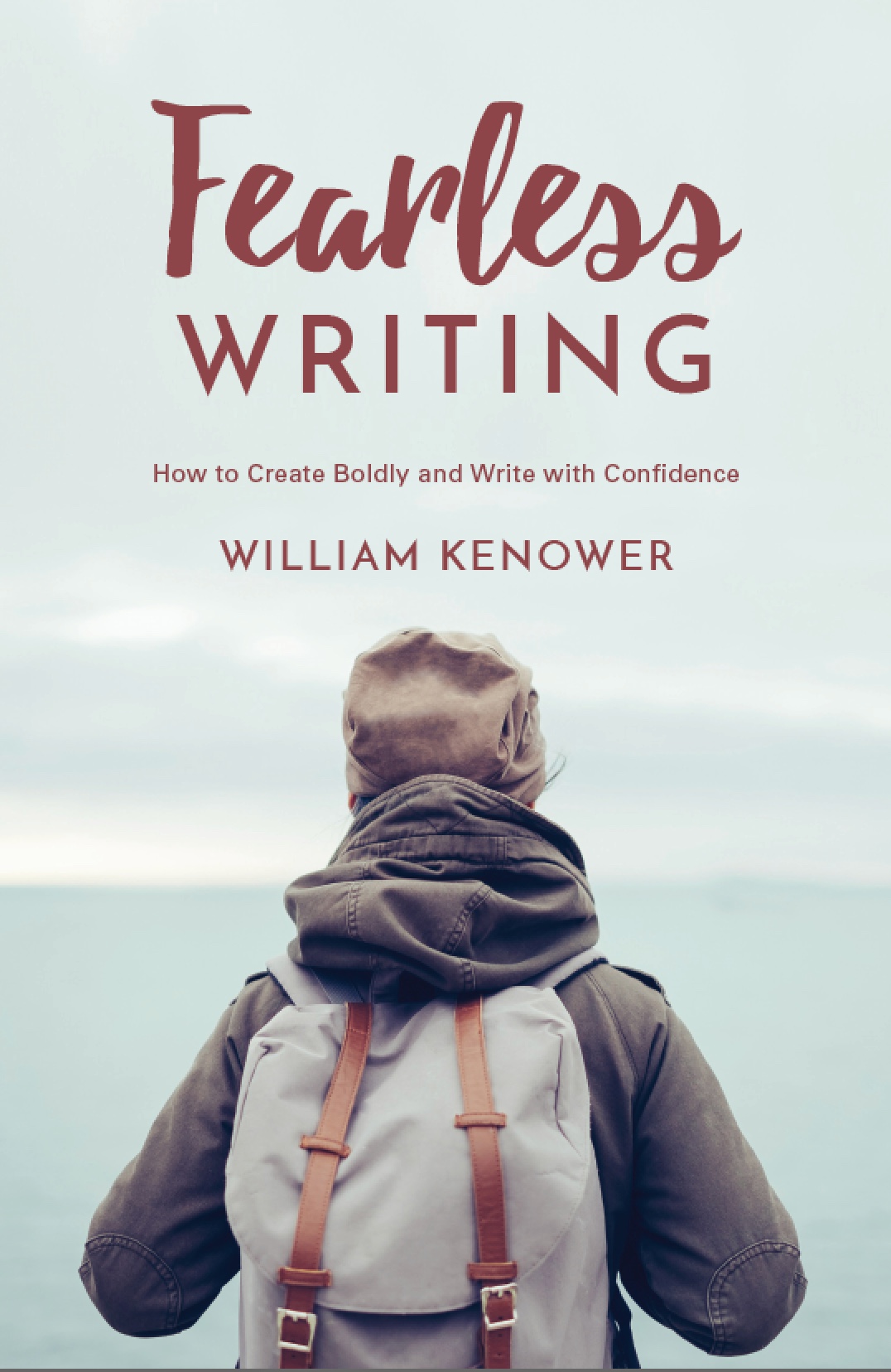Guided
There’s a great scene in F. Scott Fitzgerald’s unfinished novel The Last Tycoon where Monroe Stahr, the titular tycoon, is walking on the beach one evening with his girlfriend. They meet an old African American fisherman and get to talking. The fisherman asks Stahr what he does and Stahr tells him he works in motion pictures (he’s actually one of the most powerful producers in Hollywood at the time). The fisherman says he never cared for motion pictures, and Starh asks him why. The fisherman shrugs and says, “They just don’t seem realistic enough.” This observation clearly affects Starh. The fisherman then wishes Starh a good evening, and walks off down the beach, “unaware he had just changed the entire motion picture industry.”*
This scene stayed with me more than any other in the book, and for good reason I think. As an author, there is no doubt that certain people’s opinions seem to matter more than other people’s opinions. From a professional standpoint, this is undeniably so. That your cousin the dentist thinks your novel is great is just not going to have the kind of immediate effect on your career as a rave review in the Times.
But from a human standpoint no opinion is actually more important or more valid than another. Though we might enjoy donning our fancy Author Hat as we strut about the world, at the end of the day that hat comes off and we are humans first, last, and only, a reality no publishing contract or movie deal can reverse. Everything beautiful, useful interesting, and profound you will ever write flows from your humanity. And just as no one is more human than another, so too no one’s opinion is actually more important than another.
You know this because before you were an author, before you’d sold anything or been reviewed by anyone, you were just a person who knew what you liked and what you didn’t like. You weren’t famous, no one cared what you thought with the exception of your parents (maybe), and yet what you liked and didn’t like guided you through your life. It guided you to your friends and lovers, to the books read, and eventually to writing stories of your own.
The intimate and private relationship to your tastes and preferences has remained constant even as your life has changed. Now perhaps you stand in a bookstore or library, reading your story to a crowd of friendly strangers. And even though they have all come to hear you, though they have gathered in this one place because of your book, in your heart you are the same person who had never written or published a thing, just a human guided by your humanity to this place and time.
*I apparently lent my copy of The Last Tycoon to some scoundrel who neglected to return it. So this is my best recollection of that scene. Apologies in advance to Fitzgerald scholars offended by any liberties I took out of necessity.
If you like the ideas and perspectives expressed here, feel free to contact me about individual and group coaching.
Fearless Writing: How to Create Boldly and Write With Confidence. You can find William at: williamkenower.com


